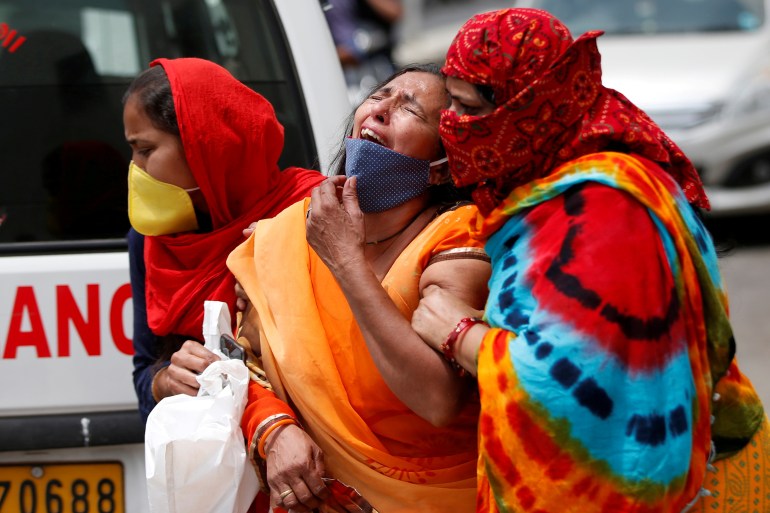How Will The Second Wave Of COVID Bring Great Disparities In The Economy Of India: Travel Tourism, F&B Industry Suffering The Most

The horrendous second wave of covid
The second wave of COVID-19 pandemic in India has caused massive despoliation of all the sectors, be it be service, financial or medical. The country’s economy is widely stumbling and can further proceed to go in a downward trend if the effect of the virus keeps deteriorating as it is doing now. The government imposed an unplanned and hasty 2-months lockdown the previous year, which caused complications not just in the economy but also in various institutions at every level.

As the economy suffered greatly due to the lockdown, PM Modi dismantled all the chances of imposing fresh curbs until the situation deteriorates to extreme levels. He further added that the lockdown is the last resort to stop the spread of the virus. But the deaths of thousands of people daily due to lack of proper facilities and measures clearly points that the government cares more for its economy than its citizens. Is the government more concerned for its economy rather than the lives of thousands of people? Not imposing the lockdown won’t save the economy either. It can equally affect the economy as it did in FY20, experts suggest.
Several instances indicate that the Indian economy is already feeling the pressure of a deadly second wave. In contrast, one of these effects is local-level restrictions imposed by other national governments, partly because citizens prefer to live in houses.
Fresh curbs across the states continue to affect the economy.

Several states and cities have imposed weekend curfews or lockdowns for several weeks, which has dramatically abrupted the working of several sectors. Certain relaxations like takeaway and delivery of eateries, movement of essential service vehicles, etc., are there to assist people with their day-to-day requirements. But still, people are not stepping out of their homes and staying in as much as possible to avoid contact with the deadly virus. The travel and tourism industry is worst affected. Also, the transportation of some goods and services has been halted due to tight traveling measures. This is also contributing to the downfall of the economy.
Business sectors suffering, many SMEs forced to shut due to the curbs.
The business sector across the whole country has been dramatically abrupted due to the ongoing pandemic. Since people are locked in their homes in fear of catching the virus, they don’t usually go out to shop or eat in shops and restaurants.

Hence the businesses are suffering the most. The strict travel and transport restrictions have also made it difficult for online businesses and E-commerce sites to sell off and deliver their products. The nightlife industry is suffering vastly as gatherings are temporarily suspended, which led to their closure. These disparities are shown in Nomura’s India Business Resumption Index, which shows that business activity in India has taken a negative path. The index looks at parameters such as Google‘s traffic signs, Apple’s travel data, Indian power demands, and employee participation rates.
One of the significant effects of the 2020 closure was a sharp increase in unemployment, especially in the informal sector. In April 2020, unemployment in India rose to 23%. However, as the country reopened, the labour market began to recover, and in February 2020, the unemployment rate dropped to 6.9%.




